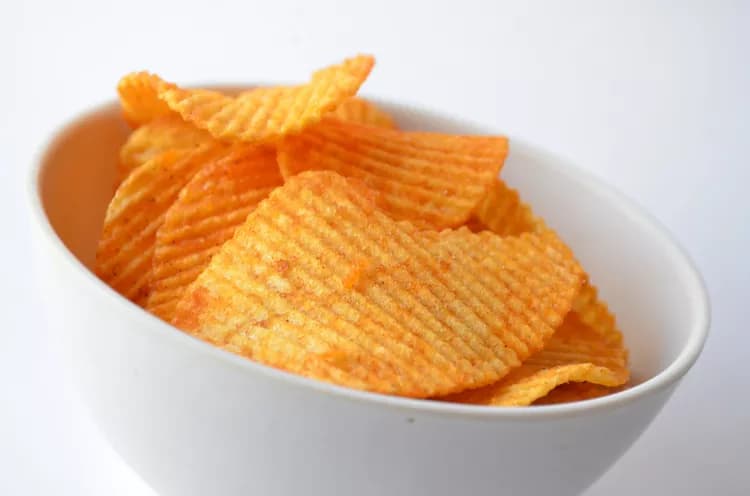Healthy eating habits are more important than ever, with advocates calling for fast-food restaurants, schools and food providers to promote the sale of salads and vegetables as alternatives to burgers and fries. According to new Cornell University research, the most effective strategy for influencing such healthy food choices is not calorie counts and reduced prices, but rather more subtle incentives that reward healthy eating behavior.
The study, "McHealthy: How Marketing Incentives Influence Healthy Food Choices," by Robert Kwortnik, associate professor at Cornell's School of Hotel Administration; Brian Wansink, the John S. Dyson Professor of Marketing in Cornell's Dyson School of Applied Economics and Management; and Elisa K. Chan of the Ecole hôtelière de Lausanne, was recently accepted for upcoming publication in the Cornell Hospitality Quarterly.
Kwortnik and Wansink are also on the faculty of the newly established Cornell College of Business, which is made up of the School of Hotel Administration, the Dyson School and the Samuel Curtis Johnson Graduate School of Management.
The research shows that consumers who have poor eating habits and who are overweight benefit the most from long-term reward incentives than if they are offered price reductions of an equal value. However, among healthy eaters, price breaks lead to more purchases of less healthy items.
In one study, a reward-points group of customers was told they would receive 50 points equivalent to 50 cents on a points-collection card redeemable for future purchases if they chose the targeted food item; the price-discount group of customers was told they would receive 50 cents off the price of a specified meal. According to Kwortnik, "The findings are significant because they reveal a positive path -- behavioral rewards for making good food choices -- to healthy eating, as opposed to the punitive path (e.g., calorie counting or food restrictions). We find that offering rewards, such as points that can be redeemed later, encourage healthy food choices, especially for consumers with bad eating habits. So restaurants can encourage repeat patronage with reward programs and encourage healthy eating by rewarding consumers for making better choices. It's a win-win."
For consumers, behavioral reward programs introduce more variety, especially among healthy food choices, and consumers are rewarded for making smarter choices. The study indicates "incentivizing with behavioral rewards is more effective for consumers who are either overweight or junk-food junkies. The points received for each healthy choice not only led to a reward (e.g., accumulated cash value or free food), but also signify the otherwise intangible benefits of an isolated act of eating healthy."
For food service providers, healthy eating incentives help build a better brand at a lower cost. The study said, "While fast-food restaurants spend millions on marketing healthy menu options, these efforts have little effect on consumers' choices."
Kwortnik says, "Rather than overtly telling consumers to eat better, we propose and show through the empirical results that behavioral reward programs trigger a longer-term view that coincides with longer-term goals to eat healthy versus more immediate goals to indulge in typically less healthy foods such as fries, salty snacks or sweets."
The findings also provide a better solution for governments and policymakers that rely on taxation and regulation to promote healthy eating. While those solutions place undesirable burdens on businesses, "policies or regulations to encourage behavioral rewards programs are unlikely to stimulate negative reactions from food companies because such programs help promote the healthy food items already on their menus and encourage repeat customers."
The above post is reprinted from materials provided by Cornell University. The original item was written by Melissa Osgood. Note: Materials may be edited for content and length.
Disclaimer: DoveMed is not responsible for the adapted accuracy of news releases posted to DoveMed by contributing universities and institutions.
Related Articles
Test Your Knowledge
Asked by users
Related Centers
Related Specialties
Related Physicians
Related Procedures
Related Resources
Join DoveHubs
and connect with fellow professionals


0 Comments
Please log in to post a comment.